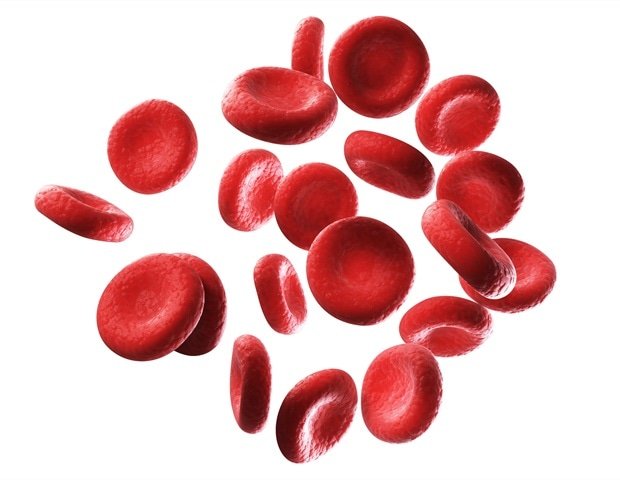Iron deficiency anemia is a common condition characterized by fatigue, headaches, or cravings for ice. But the oral iron supplements used to treat it can leave behind excess iron that causes inflammation and stomach upset. A new supplement refers to Applied Materials & ACS Interfaces combines iron, prebiotics and probiotics. In tests, the treatment successfully restored blood iron levels in anemic mice without triggering an inflammatory response or throwing off the balance of gut microbiota.
By advancing biomaterial-based iron delivery, this research offers a transformative approach to addressing anemia, directly contributing to improved nutrition and long-term public health.”
Poonam Sagar, author of the study
Anemia occurs when there are not enough red blood cells available to carry oxygen throughout the body. It can be caused by infections, genetic factors or nutritional deficiencies – that is, a lack of iron in one’s diet. To treat iron deficiency anemia, clinicians usually prescribe oral iron supplements. However, very little iron in the tablets is absorbed into the body. And any residual iron can cause an imbalance in the gut microbiome, resulting in irritation and/or inflammation in the gut. As a result, iron supplements are sometimes prescribed with probiotics to help the proliferation of beneficial bacteria.
Scientists have previously combined iron supplements with probiotics in a single treatment option. Now, Sagar, Nitin Kumar Singhal and colleagues have taken this approach a step further by adding prebiotics—essentially, food for probiotic bacteria—to create a three-component iron supplement that could be more effective than existing options.
The researchers combined dietary fiber from millet (a type of cereal), probiotics Lactobacillus rhamnosus bacteria and an iron-containing complex to form the complement. In tests, they determined the biocompatibility of the three-part therapy in human cell cultures and demonstrated its effectiveness in mice with iron deficiency anemia. After two weeks, mice receiving the supplement showed:
- It restored hemoglobin levels (the main iron-containing molecule in red blood cells).
- Iron excretion in amounts similar to those of a control group of non-anemic mice, indicating successful iron uptake by the body.
- Upregulation of genes related to iron transport through red blood cells indicated that iron metabolism was restored.
- Minimal inflammatory response in the colon.
- It restored populations of beneficial gut bacteria compared to those in anemic mice.
Although further studies are needed, the researchers say this initial work provides a more effective treatment option with iron supplementation that can minimize side effects and promote public health.
The authors acknowledge funding from the Ministry of Science and Technology of India and the National Institute of Agri-Food Biotechnology.
Source:
Journal Reference:
Kaul, S., et al. (2025). Oral iron administration based on hyaluronic acid hydrogel, supplemented with probiotics and prebiotics, improves iron deficiency anemia. Applied Materials & ACS Interfaces. doi.org/10.1021/acsami.5c11368
